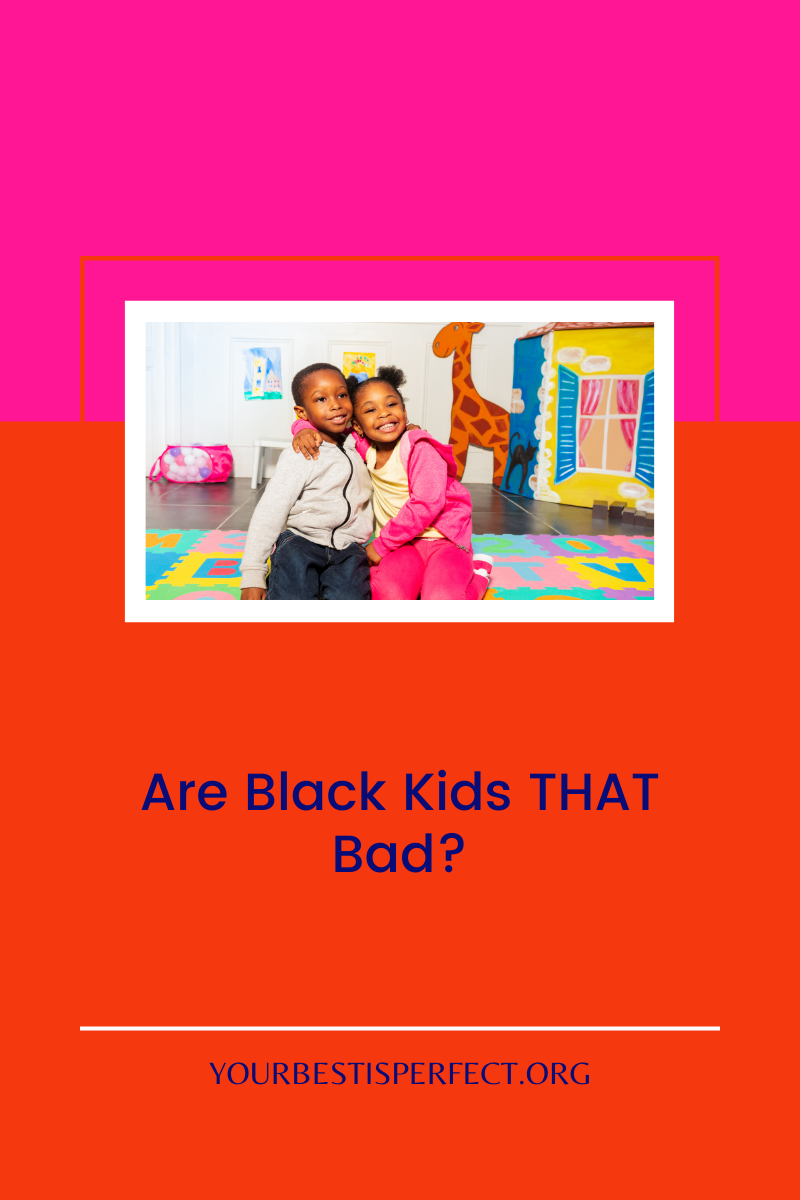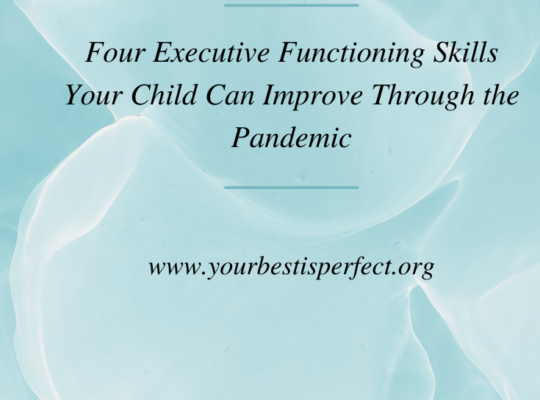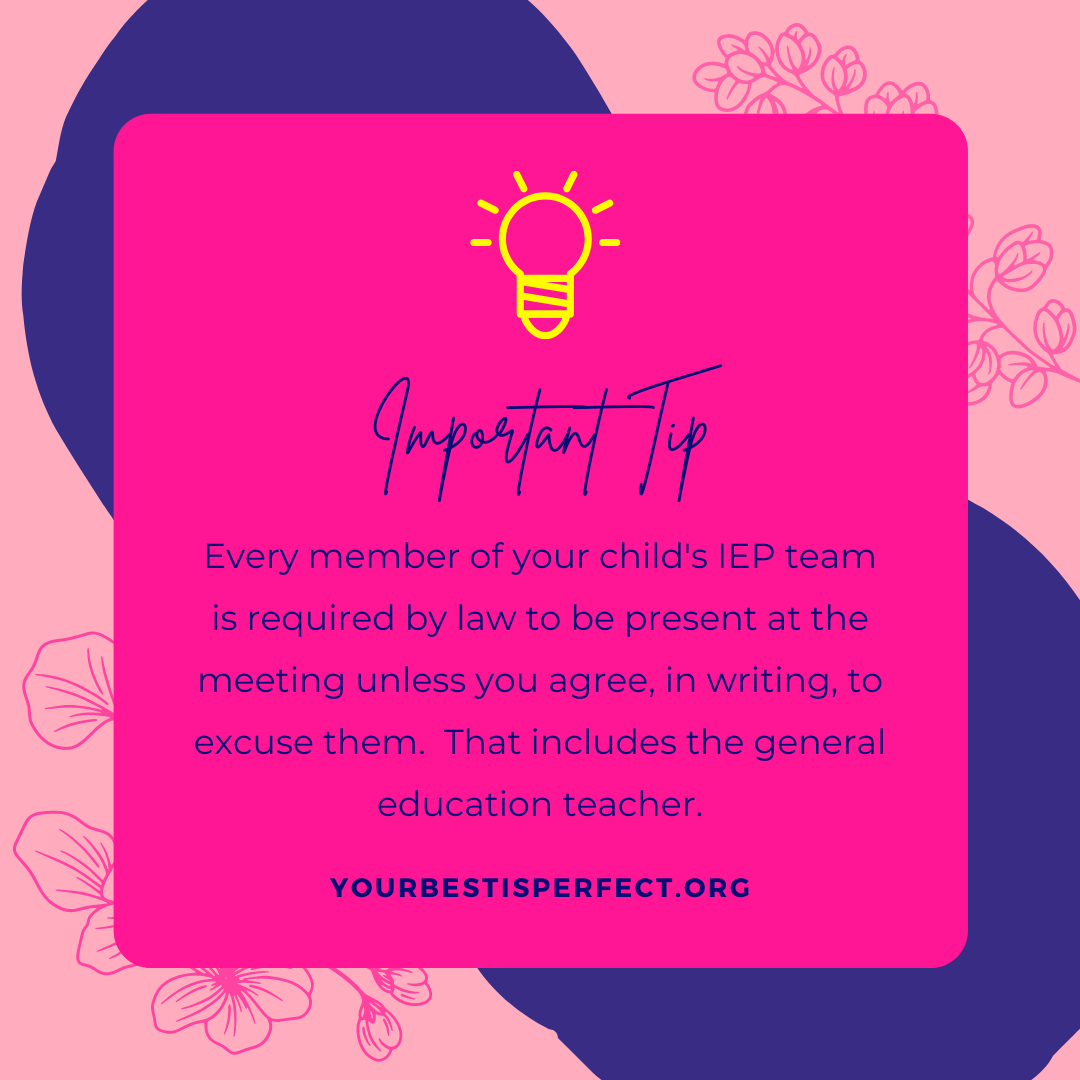I’m going to share a heavy truth with you today. Black students with disabilities are almost three times more likely than their White peers to be removed from class for disciplinary reasons. This could be in-school or out-of-school suspension, expulsion, or alternative school. Here’s some data for you to digest; in the 2017-18 school year, Black students with disabilities (SWD) were removed at a rate of 65 out of 100. White SWD were removed at a rate of 26 out of 100. OSEP Fast Facts Black or African American Children with Disabilities (idaho.gov)
Make no mistake about it, SWD are disproportionately disciplined more than their peers in general education. Black SWD are even more disproportionately disciplined, especially Black boys. As parents we trust that schools have our children’s best interest at heart. For the most part, I believe that’s true. However, schools have competing priorities. Administrators juggle staffing, school safety, school ratings and, believe it or not, politics. Teachers have competing priorities. They have lessons to teach, standards to achieve, afterschool activities, and performance assessments. As a parent you have one priority: your child.
On August 3, 2021, The Department of Justice announced it reached a settlement with Volusia County School District after looking into allegations stating that Volusia County School District “engaged in systemic discrimination against students with disabilities by relying on overtly punitive disciplinary tactics and law enforcement to address behaviors… “. Parents, students, and staff were interviewed, and the allegations were substantiated. The school district now has 12 pages worth of changes to implement. You can read the full article HERE.
This is why advocacy is important. This is one of the many reasons I do what I do. If you are concerned about your child’s rights CONTACT ME.



I am shocked yet not shocked by this information. You are blessing to provide continued information, education, and support for our kids!
Beautiful. I am excited to request an opportunity to share my research, and perhaps engage collaboratively to further this shared objective to advocate for and give voice to our children.